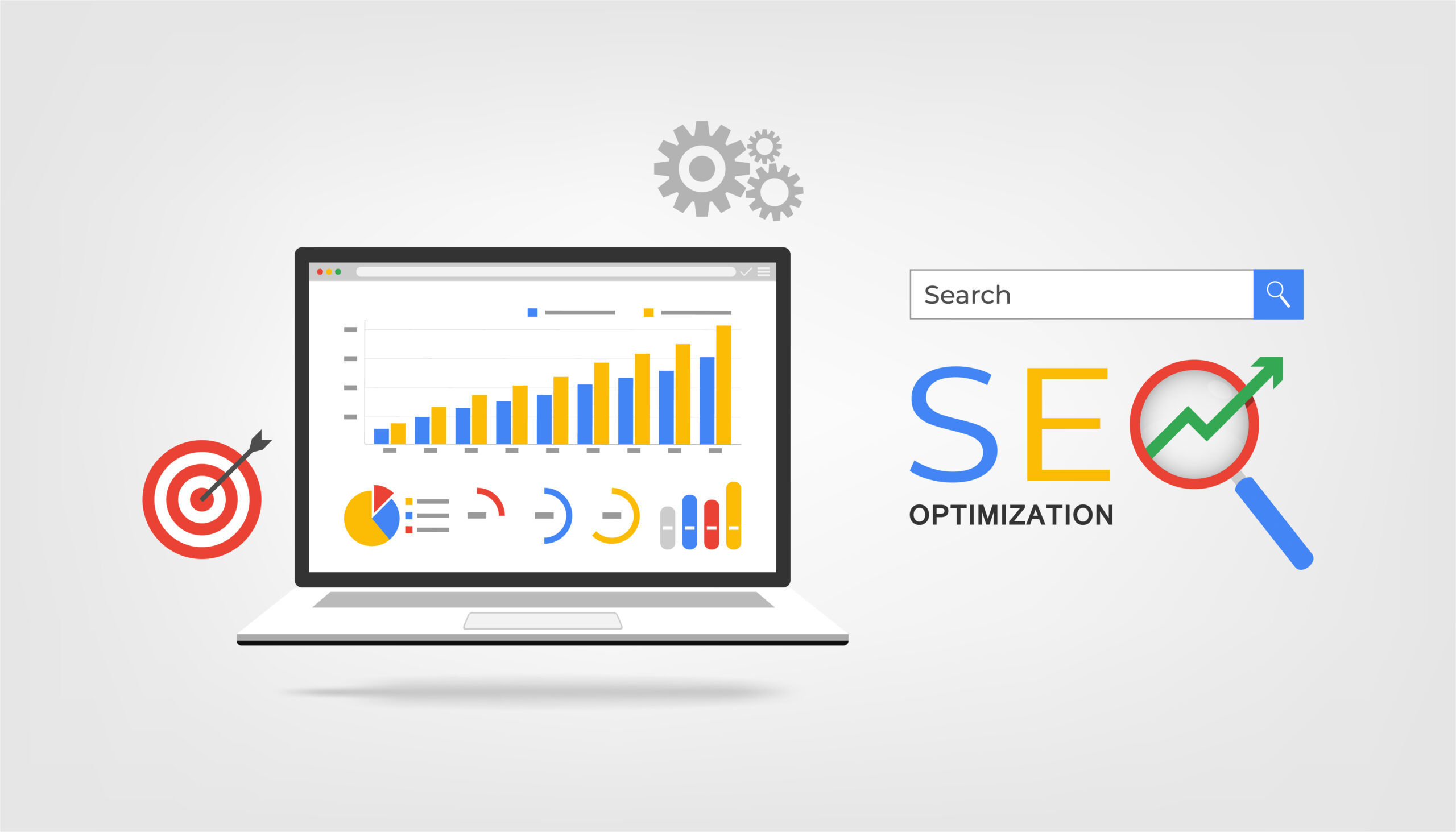Google’s SERP ranking algorithm is a complex and ever-evolving system that plays a crucial role in determining the search rankings of websites. With over 3.5 billion Google searches performed daily, understanding the algorithm is essential for businesses and website owners looking to attract organic traffic and improve their online visibility. Learn how the algorithm affects SEO, the benefits and challenges, and how to prepare for the changes.
What is Google’s New SERP Ranking Algorithm?
Google is constantly updating its search algorithm to improve the quality and relevance of its search results, so there may have been updates since then.
In general, Google uses a complex algorithm that takes into account hundreds of factors to determine the ranking of search results on its search engine results pages (SERPs).
Some of the key factors that Google considers include:
1- Content relevance and quality: Google looks for high-quality content that is relevant to the user’s search query. This includes factors such as the presence of keywords in the content, the overall quality of the content, and the depth of information provided.
2- User engagement signals: Google looks at how users interact with a website to determine its quality and relevance. This includes factors such as the time spent on a page, bounce rate, and click-through rate.
3- Backlinks: Google considers the number and quality of external websites linking to a website to indicate its authority and relevance.
4- Page speed: Google considers the speed at which a website loads as an important factor in determining its ranking. Faster-loading websites are generally preferred by users and are more likely to rank higher.
5- Mobile-friendliness: Google places a high priority on websites that are optimized for mobile devices, as the majority of searches are now conducted on mobile devices.
Overall, Google’s search algorithm is highly complex and constantly evolving, so it is difficult to provide a definitive answer to the question of what Google’s new SERP ranking algorithm is.
How Does the Algorithm Affect SEO?

Google’s search algorithm plays a critical role in determining how websites rank on the search engine results pages (SERPs). This, in turn, affects search engine optimization (SEO) strategies and tactics that businesses and website owners use to improve their website’s visibility and ranking on Google.
The main way the algorithm affects SEO is by influencing the factors that are important for ranking on Google. For example, if Google places a higher priority on mobile-friendliness, websites that are optimized for mobile devices are more likely to rank higher. Similarly, if Google places a higher priority on content relevance and quality, websites that have high-quality content that is relevant to the user’s search query are more likely to rank higher.
As a result, SEO strategies and tactics need to adapt to the changing algorithm to be effective. For example, in the past, SEO focused on keyword stuffing and building as many backlinks as possible. However, with Google’s focus on content quality and relevance, SEO now focuses on creating high-quality content that answers the user’s search query and provides value to the user.
In addition, the algorithm’s constant evolution means that SEO is an ongoing process. Businesses and website owners need to stay up-to-date on the latest changes to the algorithm and adapt their SEO strategies accordingly to remain competitive in search rankings. This can include regularly updating content, optimizing for mobile devices, and building high-quality backlinks from relevant sources.
Overall, the algorithm plays a significant role in shaping SEO and how websites rank on Google. Adapting to these changes is important for businesses and website owners who want to improve their online visibility and attract more traffic to their websites.
What Are the Benefits of the Algorithm?
Google’s search algorithm has many benefits for both users and businesses. Here are a few of the main benefits:
1- Improved Search Quality: One of the primary benefits of the algorithm is that it helps improve the quality of search results. By considering hundreds of factors, including relevance, quality, and user engagement, the algorithm helps ensure that the most relevant and high-quality results appear at the top of the search results pages.
2- Better User Experience: The algorithm also helps provide a better user experience. It ensures that users can quickly find the information they are looking for. This can be achieved through relevant and high-quality results at the top of the SERPs, as well as prioritizing websites that are optimized for mobile devices and load quickly.
3- Fair Competition: By prioritizing websites that provide value to users and are optimized for search, the algorithm helps ensure fair competition among businesses. This means that businesses that invest in high-quality content, user experience, and SEO have a better chance of ranking higher on Google.
4- Increased Traffic and Sales: For businesses, the algorithm can provide significant benefits in terms of increased traffic and sales. By ranking higher on Google, businesses can attract more visitors to their websites, which can lead to increased leads, sales, and revenue.
5- Improved Credibility: Finally, ranking higher on Google can also help improve a business’s credibility and authority in its industry. When a business appears at the top of the search results pages, it can be seen as a trustworthy and credible source of information, which can help build trust with potential customers.
If you are looking for the Best Digital Marketing Agency for your Business please contact Bliss Marcom.
Office Address in Noida.


